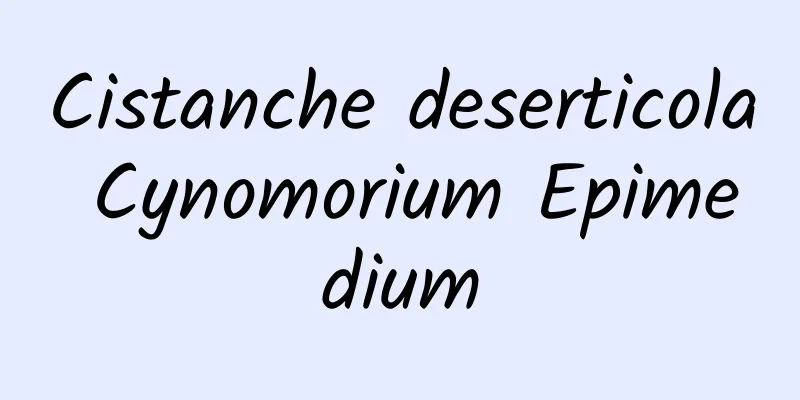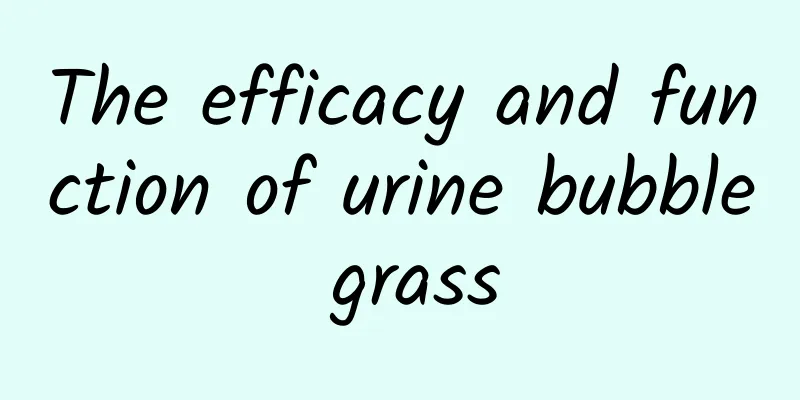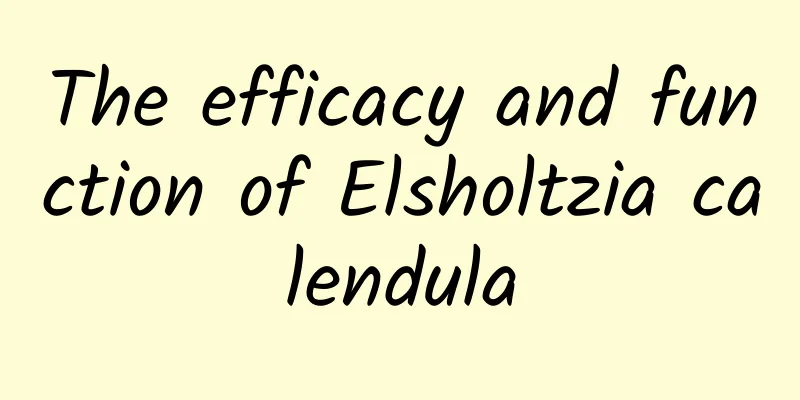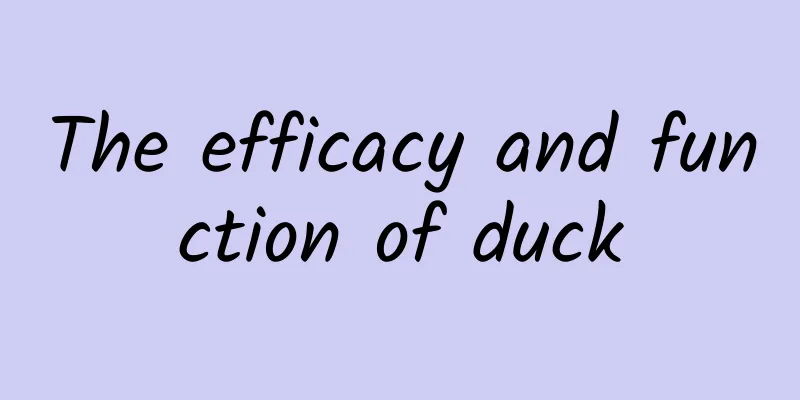What are the main Chinese herbal medicines that can lower blood pressure?

|
In our lives, the Chinese herbal medicines used to lower blood pressure mainly include hawthorn, kudzu root, cassia seed and other medicinal materials. It is recommended that you can take Chinese herbal medicines according to the doctor's advice in your life. If we want to lower our blood pressure on a daily basis, it is best to use Chinese medicine to regulate our body, because the treatment of hypertension is a lifelong process, which requires us to always pay attention to our diet and exercise more. Huangling: It tastes bitter and cold. Whether it is a decoction or an infusion, it has a significant antihypertensive effect. It is often used in combination with chrysanthemum, Uncaria rhynchophylla, etc. to treat neurotic hypertension and arteriosclerotic hypertension. It can lower blood pressure, and significantly improve or eliminate symptoms such as headache, chest tightness, and irritability. Hawthorn: It tastes sour, sweet and slightly warm in nature. It can help digestion, eliminate accumulation, promote blood circulation and lower blood pressure. Some people have used hawthorn syrup (each milliliter is equivalent to 0.65 grams of the original medicine) three times a day, 20 milliliters each time, and one month as a course of treatment. A total of 50 patients with hypertension were treated. After one course of medication, 35 cases were effective and 12 cases improved. Pueraria root: It tastes sweet, spicy and cool in nature. The blood pressure lowering effect is not obvious when used alone. Now Pueraria root antihypertensive tablets (Pueraria root, Uncaria rhynchophylla, etc.) are used to treat hypertension. The blood pressure lowering effect is obvious and it is effective for symptoms such as headache, dizziness, limb numbness, tinnitus, etc. caused by hypertension. Cassia seed: sweet in taste and cold in nature, it can clear the liver and improve eyesight, moisten the intestines and promote bowel movements, has the effects of lowering blood pressure and cholesterol, and has a certain effect on preventing and treating arteriosclerosis and hypertension. Raw Sophora japonica flower: bitter in taste and slightly cold in nature. In recent years, it has been clinically used for hypertension, and can lower blood pressure and improve capillary fragility. Uncaria rhynchophylla: It tastes sweet and is slightly cold in nature. It has the effects of clearing away heat and calming the liver, calming wind and relieving pain. It is a commonly used medicine in traditional Chinese medicine prescriptions for treating hypertension, and is often used in combination with Prunella vulgaris, chrysanthemum, etc. Epimedium: It tastes spicy and sweet, and is warm in nature. Its main effects are to tonify the kidney and strengthen yang, eliminate rheumatism, and lower blood pressure. It can lower blood pressure and improve symptoms when used alone or in combination. Hypertension is a common disease among the elderly. We recommend that you pay more attention to blood pressure lowering drugs in your life, which will be more helpful in treating hypertension. The best way to lower blood pressure in our lives is through Chinese herbal medicines such as Cassia seed and Pueraria root. I hope you can make use of them. |
<<: What should you not eat while taking Chinese medicine?
>>: The efficacy of drinking water soaked with Gynostemma pentaphyllum and hawthorn
Recommend
It's not just the workers who have to compete, the competition for ribosomes is not easy either!
Nowadays, competition is rampant in all walks of ...
What is the medicinal value of yacon?
Yacon, also known as ginseng fruit, has extremely...
Is it effective to take Chinese medicine to regulate menstruation?
Modern women are more prone to menstrual irregula...
What is the dosage of Eucommia ulmoides?
Eucommia ulmoides has many effects. It can nouris...
The efficacy and function of piglet hat
After thousands of years of sedimentation and acc...
If the brightness of your mobile phone is not adjusted properly, it will really hurt your eyes! Have you chosen the right screen brightness?
In daily life, we are almost inseparable from ele...
What are the effects of fresh black wolfberry wine?
Wolfberry is a very common Chinese medicine. It v...
The efficacy and function of Hemeng
Hemeng is a kind of traditional Chinese medicine ...
The owner of an electric scooter that stole the train was sentenced to 6 years in prison. Can we still ride this scooter with confidence?
In recent years, with the development of battery ...
The efficacy and function of Buddaria flowers
Buddleija flowers can not only supplement the bod...
What are the effects of iron stone goblet?
In traditional Chinese medicine theory, iron-skin...
Scientists discover that plants can actually "talk"?
Poplar leaves rustle when wind blows through them...
Will I get stomach cancer if I’m infected with Helicobacter pylori?
Key Points ★ Being infected with Helicobacter pyl...
The efficacy and function of parasites
For the Chinese medicinal material such as parasi...



![The efficacy and function of stalactites [picture]](/upload/images/67ca0e17555b2.webp)





![The efficacy and function of a little blood [picture]](/upload/images/67ca1fd4b8906.webp)